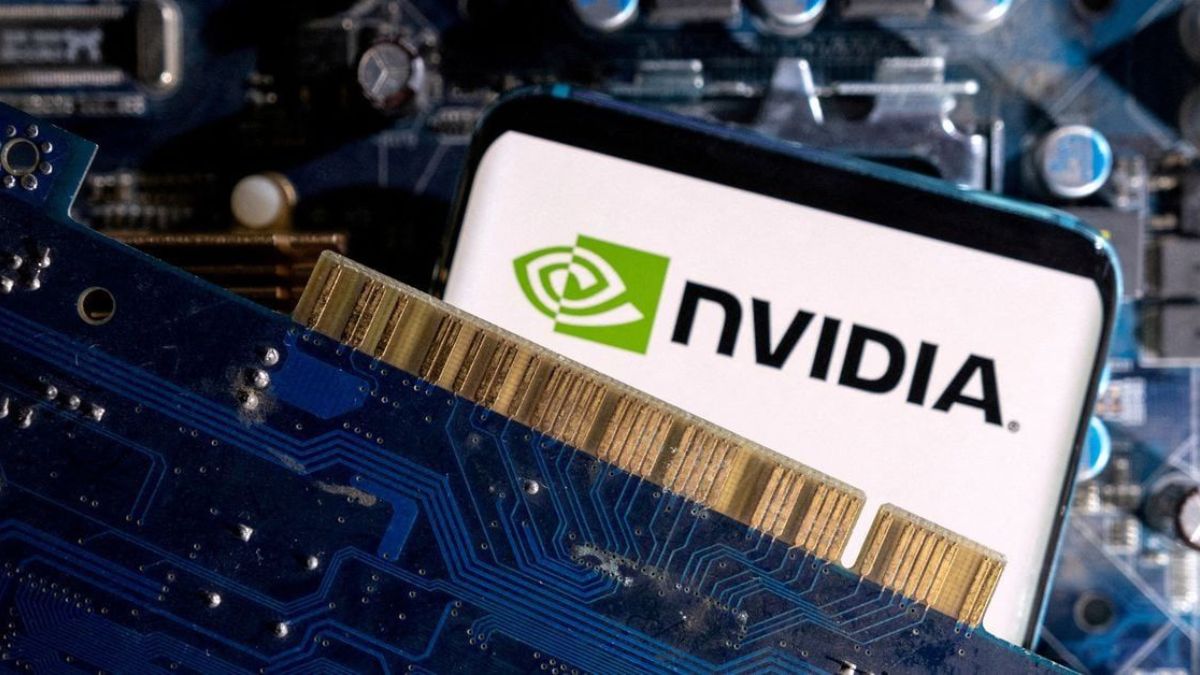
Nvidia, the graphics chip industry leader, has been sued by an automotive tech brand, alleging that the latter stole its trade secrets and may have saved hundreds of millions of dollars in research expenses.
The legal action is the result of an unintentional mistake that happened during a screen-sharing video conversation between the two companies. Valeo says that Mohammad Moniruzzaman, a senior employee of Nvidia, accidentally revealed a file from Valeo that purportedly included stolen data. Moniruzzaman allegedly “downloaded without authorization the entirety of Valeo’s advanced parking and driving assistance systems source code” in early 2021, according to the documents. It was also alleged that he stole a large number of papers from Valeo, including Word documents, Excel spreadsheets, PowerPoint presentations, and PDFs.
READ: Nvidia Announces Next-Generation AI Chip ‘H200’, Set To Debut Next Year; Here’s Everything You Should Know
Valeo, a significant contributor to the advancement of automotive technology for more than thirty years, voiced serious worry about the alleged theft, claiming that years of diligence and innovation had been put at risk by the acts of a former employee and Nvidia, the business he joined.
“The actions of one brazen former employee and the company he left Valeo to join — Nvidia — have undermined, and threaten to further undermine the many years of Valeo’s hard work and innovation,” read the lawsuit.
The lawsuit also claimed that Nvidia made profits it did not deserve to make and may have saved millions, if not hundreds of millions, of dollars in development costs by using Valeo’s stolen trade secrets. It was said that Moniruzzaman’s actions were so bold that the file path on his screen continued to read “ValeoDocs.”
Through the complaint, Valeo is requesting a number of remedies, including the collection of damages for Nvidia’s purported theft of its trade secrets and injunctive relief. The case focuses on Moniruzzaman’s wrongdoing and the alleged benefit he gave Nvidia in the creation of cutting-edge parking and driving assistance software.
Nvidia has not yet reacted to the case. Nvidia, on the other hand, stated in a letter to Valeo’s lawyers that it “has no interest in Valeo’s code or its alleged trade secrets and has taken prompt concrete steps to protect your client’s asserted rights.” This was according to a law firm representing Nvidia.
